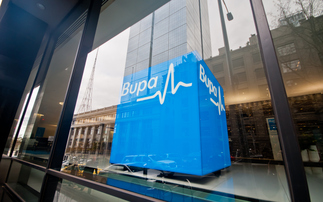Research into a blood test for many types of cancer has found over 800 markers in cancer patients' blood which could lead to early diagnosis, delegates heard at a conference.
A study by the UK Early Cancer Detection Consortium funded by Cancer Research UK has had its research presented at the National Cancer Research Institute's conference in Liverpool.
All cancers produce markers in blood, so it is hoped a general screening test for many forms could be developed.
UK cancer survival rates are lower than in other Western countries, it is hoped that improved early detection could increase survival rates.
Most UK cancer patients are diagnosed after presenting symptoms to their doctor, with a small proportion detected through the screening programmes for breast bowel and cervical cancer.
It is hoped a blood test could improve diagnosis for more cancers including rare types at early treatable stages.
Sara Hiom, director of early diagnosis at Cancer Research UK, said: "This is an innovative and promising new approach. And although in its early stages, it shows how our increased understanding of cancers' ‘markers' and new technologies are combining to offer new opportunities to detect cancer sooner.
"Diagnosing cancer at an early stage generally means more effective treatment and that translates into better survival. Our goal over the next 20 years is that three in four cancer patients will survive at least ten years after their diagnosis."
Other findings presented at the conference include a drug from sea sponges which could give women with advanced triple negative breast cancer an average five months of life, while the patients with breast cancer which had spread to other parts of the body could live an extra two months.
Another study has found that women who do high amounts of physical activity have a reduced risk of breast cancer, regardless of physical size.











